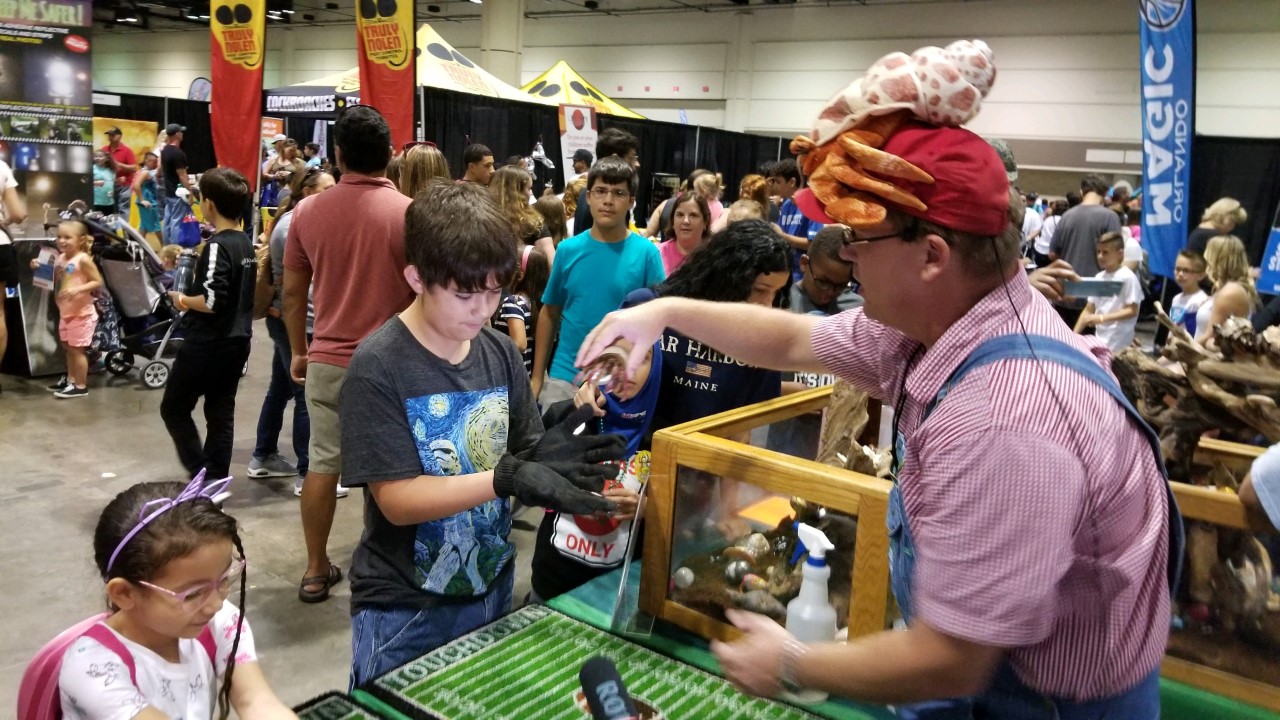South Carolina Health & Environmental Control May Repeal Psittacine Bird Sales Restrictions
Pet Age Staff//July 6, 2016//
South Carolina Health & Environmental Control May Repeal Psittacine Bird Sales Restrictions
Pet Age Staff //July 6, 2016//
The South Carolina Department of Health & Environmental Control (DHEC) has proposed a rule which would repeal state code Chapter 61-52: Psittacine Birds.
Chapter 61-52 currently restricts individuals and businesses from selling birds known to be ill with Avian Chlamydiosis (also called Psittacosis in humans) and requires individuals and businesses to keep records of sales of all psittacine birds.
For purposes of the section, “psittacine birds” includes all birds commonly known as parrots, Amazons, Mexican double heads, African grays, cockatoos, macaws, parakeets, love birds, lories, lorikeets and all other birds of the psittacine family.
The Department lists the following reasons for its repeal of the law:
- Most psittacine birds infected with Chlamydophila psittaci are asymptomatic; thus, laboratory testing is required to determine if birds are colonized with this bacterial organism. This places a substantial financial burden on owners of psittacine aviaries and pet stores.
- The incidence of known severe disease in humans due to C. psittaci infection is very low; since 1996, the CDC has received reports of fewer than 50 cases of Psittacosis in the United States each year.
- Psittacosis symptoms may be mild, consisting of only influenza-like illness. Actual Psittacosis disease burden is unknown, as most people are unlikely to pursue testing for milder illness.
- Routine antibiotic therapy is available to effectively treat most cases of Psittacosis, unlike in earlier eras.
- 1976 Code Section 44-1-80 grants DHEC broad powers to protect the public health. Emergency powers could be utilized to perform the function of Regulation 61-52 if needed.
PIJAC has announced that it supports the proposed repeal of this chapter of South Carolina Code and agrees with the Department’s reasoning for doing so. It has encouraged its South Carolina members and other industry stakeholders to submit comments in support of this repeal, using the instructions below.
The Department will accept comments from interested parties until September 29, 2015.
Written comments may be submitted to:
Rachael Radcliffe, DVM MPH
Division of Acute Disease Epidemiology
South Carolina Dept. of Health & Environmental Control
2100 Bull Street
Columbia, SC 29201
Email comments may be sent to:


















